“Snow had fallen, snow on snow, snow on snow.” So goes a part of the first verse of In the Bleak Midwinter. Snow on Christmas Eve has attained an iconic, romantic place in our culture. The work of Norman Rockwell on covers of the Saturday Evening Post, movies such as White Christmas and Holiday Inn, countless holiday card manufacturers, and even commercials for a certain mass-produced hoppy beverage featuring large draught horses have imprinted this association deep within us.
It is a cultural thing, and a northern hemisphere thing, to be sure. Bethlehem of Judea does not get much snow. Folk in Argentina, Australia, and anywhere else in the global south are generally not expecting such conditions at Christmastide. Further, I can tell you as a priest of the Church, even an “it might possibly … could maybe … there is an outside chance of … (snow) weather forecast on, or approaching, Christmas Eve or Christmas Day is an unwelcome thing. It plays havoc with attendance at services for which there have been weeks and months of preparation; it plays havoc with making the year-end budget as well. Just ask any clergy of a tradition with services on Christmas Eve and on Christmas Day. They will tell you that Christmas is twelve days long. Let the first day or so be clear, and then the rest can be as white as you want!
But there’s a thing: The stuff I mentioned above is factually true, but that does not necessarily elevate their importance regarding our celebration of the nativity of Jesus. What is important? Celebrating the Christ Mass is important! It is extremely extraordinarily important, in ways that are for me, and for others, deep and profound. It is important for me to join with heavenly angels and the passing shepherds to celebrate the ancient Nativity – the birth of the Christ child, Emmanuel (God with us) – in a moving, mysterious, wondrous way. My life needs awe.
It is important to contemplate, in the here and now, that which breaks into the created and predictable order of stuff and things to introduce incarnation and adoration, grace, salvation, and love. It orients time for me. It resets my clocks – spiritual and spatial.
The hymn with which I began this reflection concludes, “What can I give Him? … Yet what can I give Him? Give Him my heart.” The Nativity of yesteryear is only a sentimental journey, like the Rockwell paintings, snowy musical movies, and video Christmas cards, unless we allow for a real-time nativity wherein Christ is born (or born afresh, if you like) in our hearts in this very moment. Our hearts are his manger, his home, this day and each day until his coming again. Since the Divine is still not constrained by time and space, this birth or birth afresh can happen whenever, wherever. When we are celebrating with others in Divine Worship, or contemplating the flakes that apply a chill white blanket to the world around us. What falls to us is the opening of our heart’s door.
Christmas blessings,
Scott+
